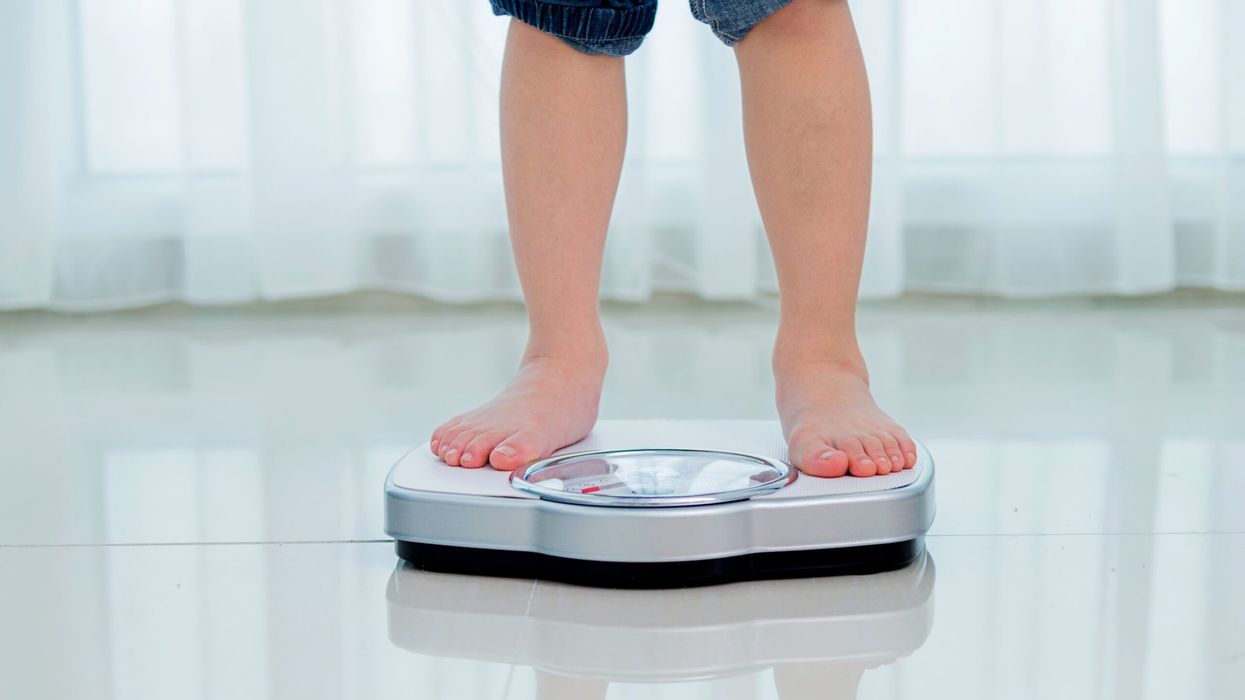Obesity among 10- and 11-year-olds in England has increased by 30 per cent since 2006, indicating a decline in children's health, according to a report published Wednesday.
The study by the charity the Food Foundation called the rise in children struggling with their weight "deeply worrying."
The report also noted a steady decrease in the height of five-year-olds since 2013 and a 22 per cent rise in type 2 diabetes among those under 25 in the past five years.
The authors attributed these issues to high levels of poverty and the aggressive marketing of cheap junk food by the food industry.
The country's recent cost of living crisis has intensified the struggle many families face in putting healthy, nutritious food on the table, the report added.
Henry Dimbleby, a former government food adviser, described the decline as "shocking and deeply sad" and urged political parties to take action to make healthy food affordable and curb the spread of junk food.
The report emphasised that one in five children is obese by the time they leave primary school at age 10 or 11, putting them at greater risk of developing type 2 diabetes later in life.
Despite the publication of 14 government strategies to tackle obesity between 1992 and 2000, which included 989 policies, no significant progress has been made.
The report, titled "A Neglected Generation: reversing the decline in children's health in England," highlighted the first cases of adolescent type 2 diabetes diagnosed in 2000, followed by a tripling of cases between 2012/13 and 2020/21.
The authors called on political leaders to reverse this trend, warning that failure to do so would result in a generation burdened by diet-related illnesses and the associated consequences.
These consequences include both mental and physical health issues, an overwhelmed healthcare system, and economic inactivity that weakens GDP.
The UK's state-funded National Health Service (NHS) is currently dealing with a significant pandemic-related backlog, while the economy is experiencing stagnant growth and productivity.
The report urged the next government to take decisive action following the UK general election on July 4, to make healthy and sustainable food affordable and to stop the escalation of junk food consumption.
Failure to address these issues will lead to a generation burdened with diet-related illnesses, which will impact their overall well-being and economic productivity.
(AFP)





